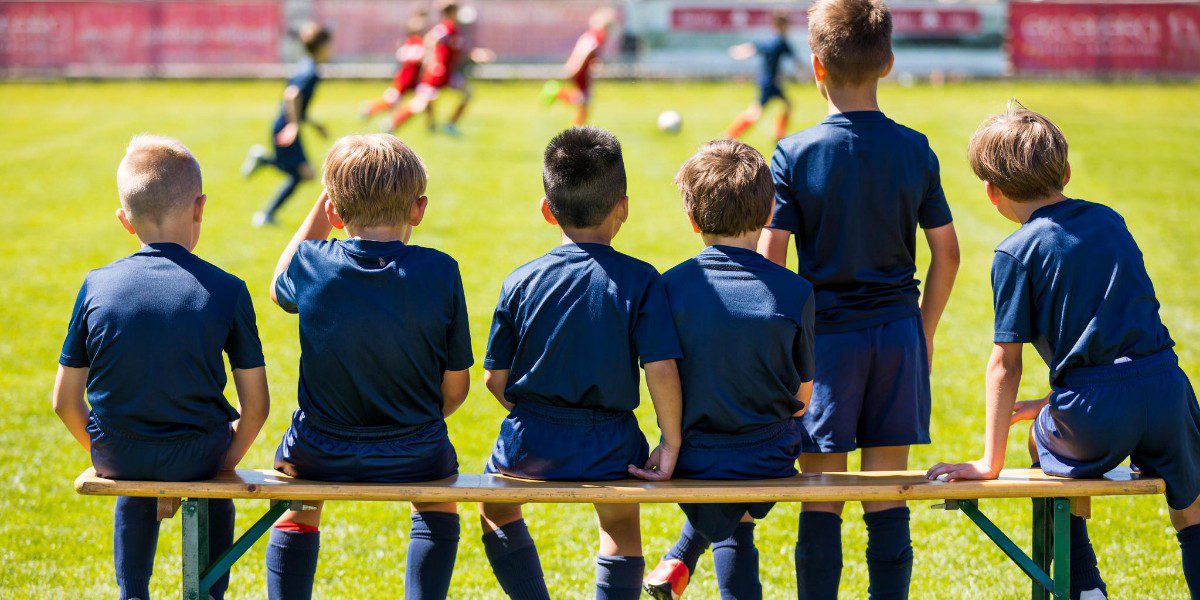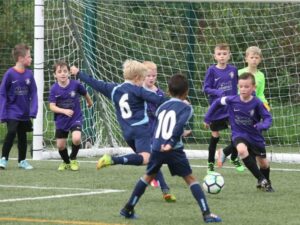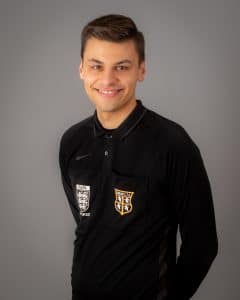
Your Team Philosophy
One of the first things to consider as a junior grassroots football coach is your team philosophy. It’s worth having a clear idea what it is you want the children you’re coaching, their parents and the coaches (including you) to get out of being involved in your team and making sure all those people understand the goals you have for the team and players during the season. i.e. what is your team philosophy?
If you can set out near the beginning what you’re trying to achieve, expectations are far easier to manage further down the line. It doesn’t have to be complicated – in fact it should be very simple.
Some things to consider in terms of “your team philosophy”
- Do you want everyone to get roughly equal playing time?
- Do you rotate your players through all the positions so all the players get to improve as all round players? (relevant to the younger age groups particularly)
- How do you want to behave? To each other, referees, opposition… do the players and parents understand what’s expected of them?
- How important is winning to you? How do you get a good balance with player development?
- What is your coaching style and how do you link training to matches to allow the players to put into practise what they’ve learned in training?
- How do you want your team to play? When they have the ball… when they don’t have the ball…
For example, at U8 you may approach the season with your sole aim being that every player on the team has improved their individual skills on the ball by the end of the year and that they have all had fun. That’s a great team philosophy to start with and your overall play as a team should naturally improve if your players improve and are enjoying themselves, so it should tick a lot of boxes. But if your assistant coach and parent of the star player thinks it’s all about winning matches at all costs and thinks the same 5 players should stay on the pitch for the majority of each match, then you have very different philosophies and are going to run into problems.
So a part of it is ensuring everyone is on the same page.
As your players get older, your philosophy may additionally incorporate aspects of the way you want to play as a team, tactically, physically, in and out of possession. You will probably also look at a lot more position-specific training in the older age groups once players have gravitated toward certain roles more.
Your attitude as a coach filters down to your players…
If you look at the teams you’ve played against who don’t behave particularly well, chances are either the parents or coaches (or both) are leading the way in terms of the environment they’re creating. Children mimic the behaviour of adults and their peers. If the adults are shouting, screaming and criticising the players or berating the ref constantly, the kids will do the same. Not great for morale, team spirit or ultimately, results.
…. and remember, your team philosophy doesn’t have to stay the same and it will almost certainly change over the years as you and your team develop.
Thanks to Langton Green Coaches for this article








